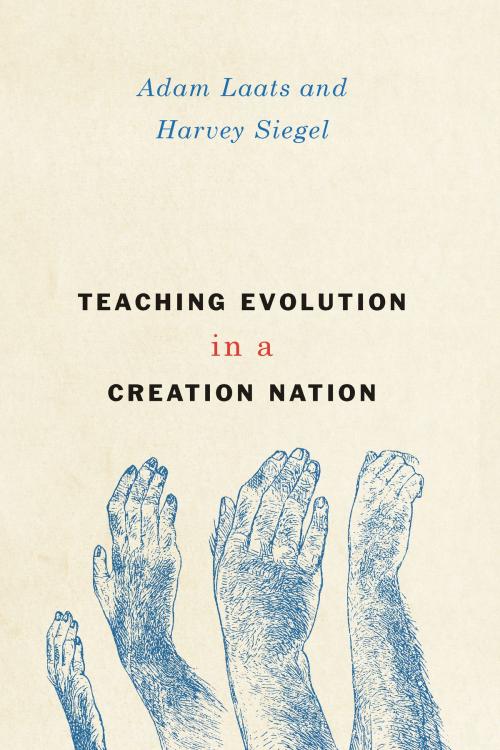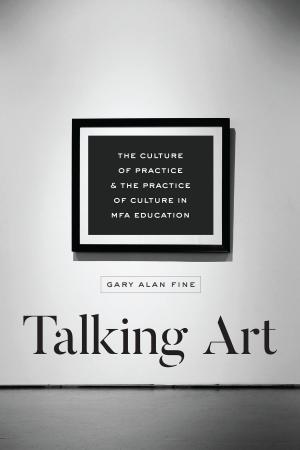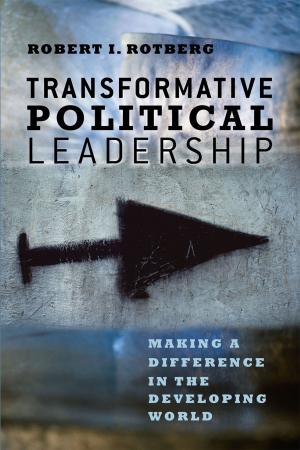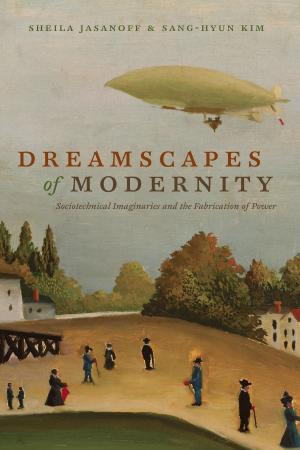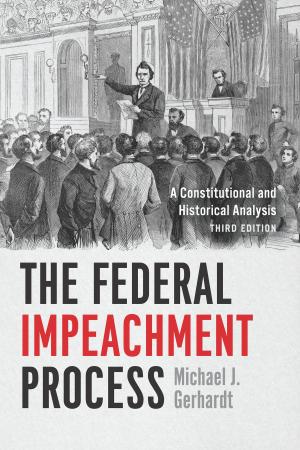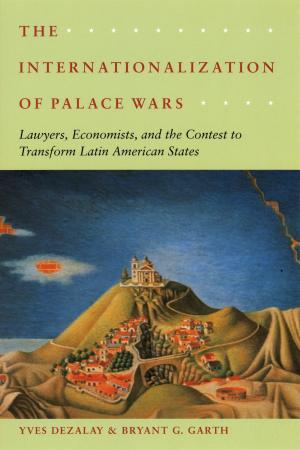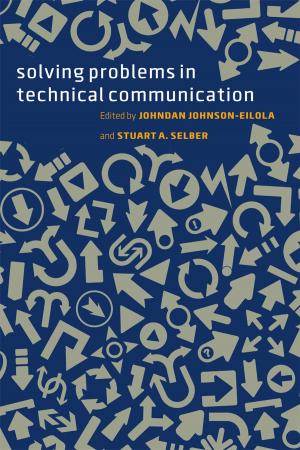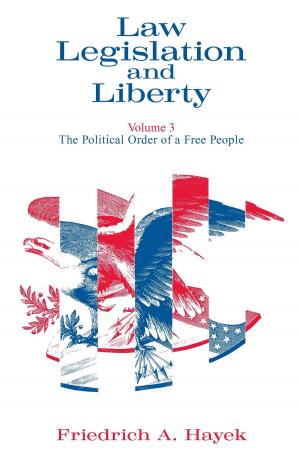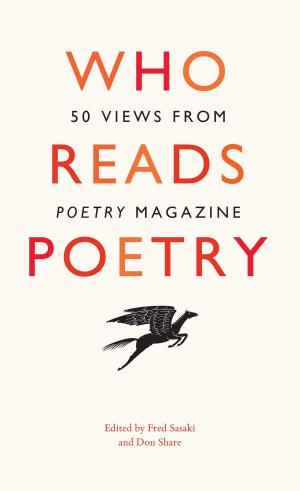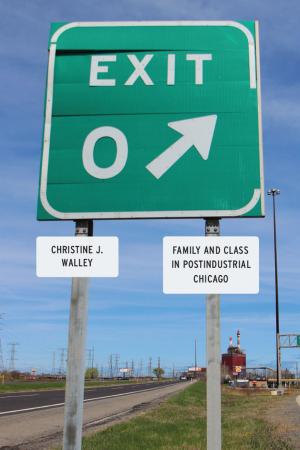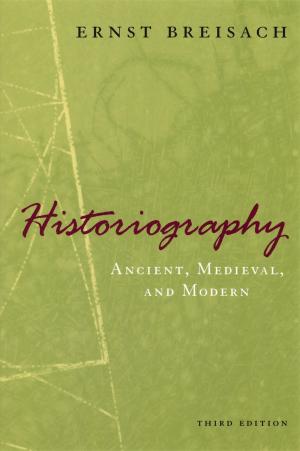Teaching Evolution in a Creation Nation
Nonfiction, Reference & Language, Education & Teaching, History, Educational Theory, Philosophy & Social Aspects| Author: | Adam Laats, Harvey Siegel | ISBN: | 9780226331447 |
| Publisher: | University of Chicago Press | Publication: | March 3, 2016 |
| Imprint: | University of Chicago Press | Language: | English |
| Author: | Adam Laats, Harvey Siegel |
| ISBN: | 9780226331447 |
| Publisher: | University of Chicago Press |
| Publication: | March 3, 2016 |
| Imprint: | University of Chicago Press |
| Language: | English |
No fight over what gets taught in American classrooms is more heated than the battle over humanity’s origins. For more than a century we have argued about evolutionary theory and creationism (and its successor theory, intelligent design), yet we seem no closer to a resolution than we were in Darwin’s day. In this thoughtful examination of how we teach origins, historian Adam Laats and philosopher Harvey Siegel offer crucial new ways to think not just about the evolution debate but how science and religion can make peace in the classroom.
Laats and Siegel agree with most scientists: creationism is flawed, as science. But, they argue, students who believe it nevertheless need to be accommodated in public school science classes. Scientific or not, creationism maintains an important role in American history and culture as a point of religious dissent, a sustained form of protest that has weathered a century of broad—and often dramatic—social changes. At the same time, evolutionary theory has become a critical building block of modern knowledge. The key to accommodating both viewpoints, they show, is to disentangle belief from knowledge. A student does not need to believe in evolution in order to understand its tenets and evidence, and in this way can be fully literate in modern scientific thought and still maintain contrary religious or cultural views. Altogether, Laats and Siegel offer the kind of level-headed analysis that is crucial to finding a way out of our culture-war deadlock.
No fight over what gets taught in American classrooms is more heated than the battle over humanity’s origins. For more than a century we have argued about evolutionary theory and creationism (and its successor theory, intelligent design), yet we seem no closer to a resolution than we were in Darwin’s day. In this thoughtful examination of how we teach origins, historian Adam Laats and philosopher Harvey Siegel offer crucial new ways to think not just about the evolution debate but how science and religion can make peace in the classroom.
Laats and Siegel agree with most scientists: creationism is flawed, as science. But, they argue, students who believe it nevertheless need to be accommodated in public school science classes. Scientific or not, creationism maintains an important role in American history and culture as a point of religious dissent, a sustained form of protest that has weathered a century of broad—and often dramatic—social changes. At the same time, evolutionary theory has become a critical building block of modern knowledge. The key to accommodating both viewpoints, they show, is to disentangle belief from knowledge. A student does not need to believe in evolution in order to understand its tenets and evidence, and in this way can be fully literate in modern scientific thought and still maintain contrary religious or cultural views. Altogether, Laats and Siegel offer the kind of level-headed analysis that is crucial to finding a way out of our culture-war deadlock.
